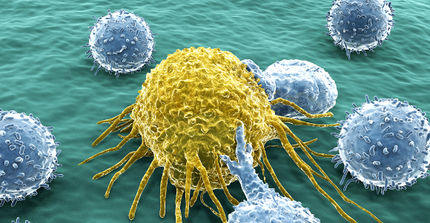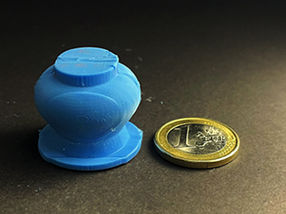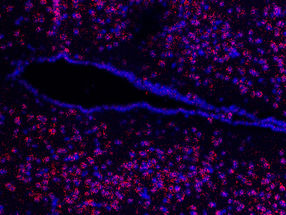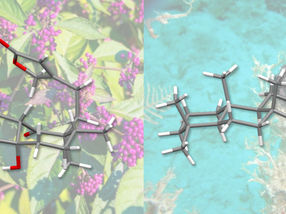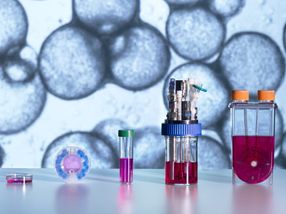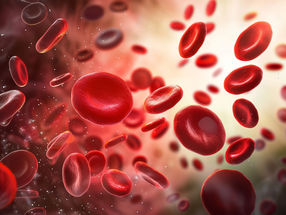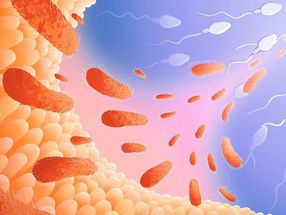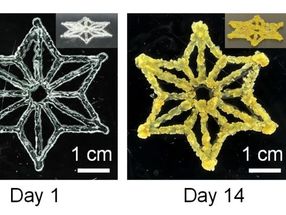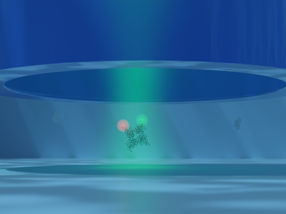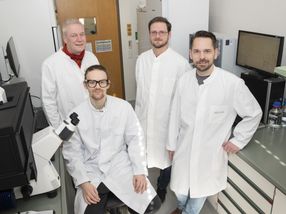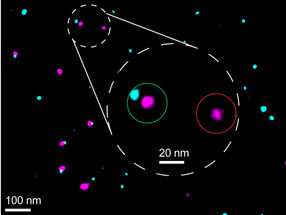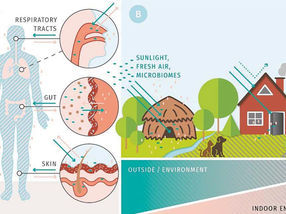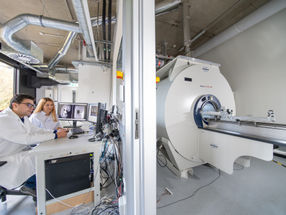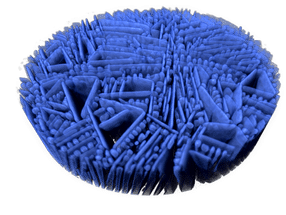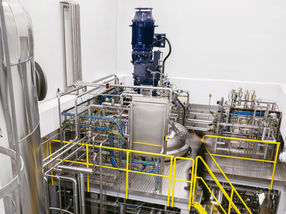Key Milestones Achieved In Genentech's Biooncology Initiative
SOUTH SAN FRANCISCO -- Dec. 7, 2001 -- Genentech, Inc. today reported, in anticipation of upcoming major oncology meetings, key advancements in its portfolio of novel marketed and pipeline targeted therapies for the treatment of cancer, the number two fatal disease in the United States. Genentech's BioOncology initiative includes Rituxan® (Rituximab) and Herceptin® (Trastuzumab), the first two FDA-approved monoclonal antibodies for cancer, Avastin™ (bevacizumab) and Tarceva™ (erlotinib), currently in Phase III trials for numerous advanced cancers and a pipeline of early-stage product candidates.
"In under five years since the launch of our BioOncology initiative, we have built a premier portfolio of targeted therapies aimed at treating some of the most difficult-to-treat-cancers," said Susan D. Hellmann, M.D., MPH, Genentech's executive vice president, Development and Product Operations and chief medical officer. "We continue to see data from monoclonal antibodies such as Herceptin and Rituxan demonstrating that targeted therapies have changed the way that cancer is treated, and most importantly are part of regimens that are extending patients' lives."
Topics
Organizations
Other news from the department science

Get the life science industry in your inbox
From now on, don't miss a thing: Our newsletter for biotechnology, pharma and life sciences brings you up to date every Tuesday and Thursday. The latest industry news, product highlights and innovations - compact and easy to understand in your inbox. Researched by us so you don't have to.
Most read news
More news from our other portals
See the theme worlds for related content
Topic world Antibodies
Antibodies are specialized molecules of our immune system that can specifically recognize and neutralize pathogens or foreign substances. Antibody research in biotech and pharma has recognized this natural defense potential and is working intensively to make it therapeutically useful. From monoclonal antibodies used against cancer or autoimmune diseases to antibody-drug conjugates that specifically transport drugs to disease cells - the possibilities are enormous

Topic world Antibodies
Antibodies are specialized molecules of our immune system that can specifically recognize and neutralize pathogens or foreign substances. Antibody research in biotech and pharma has recognized this natural defense potential and is working intensively to make it therapeutically useful. From monoclonal antibodies used against cancer or autoimmune diseases to antibody-drug conjugates that specifically transport drugs to disease cells - the possibilities are enormous
